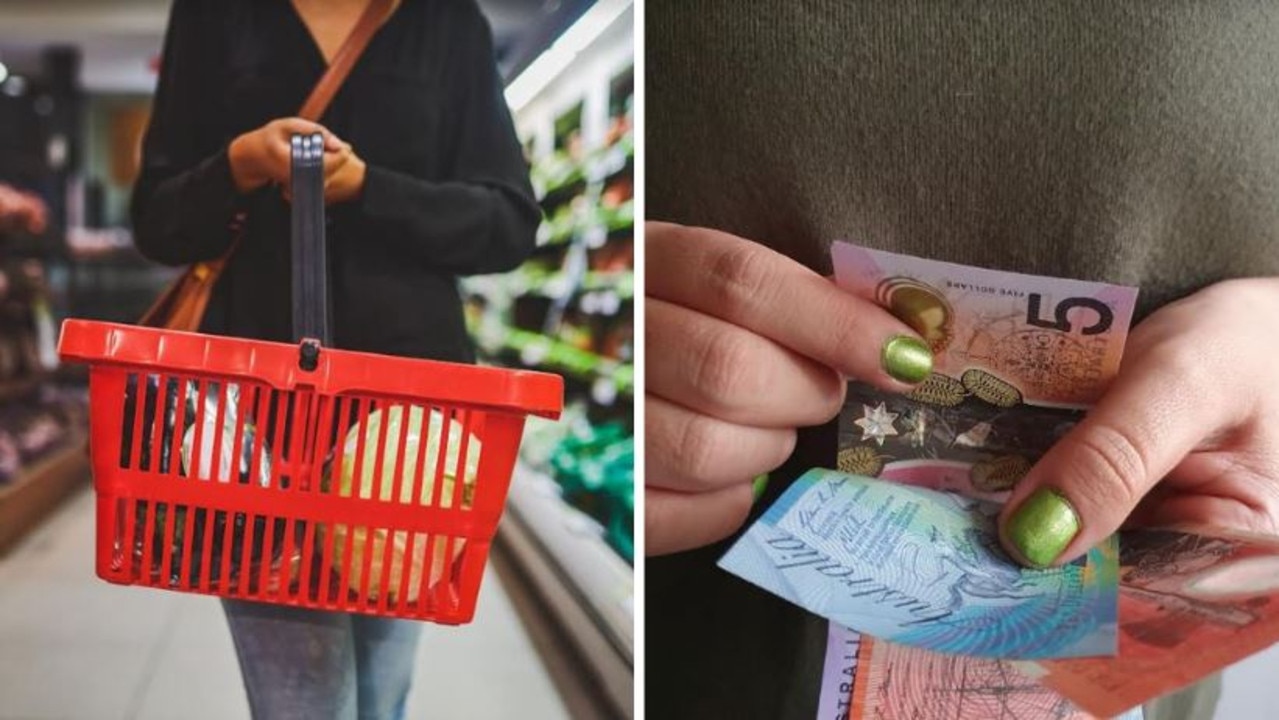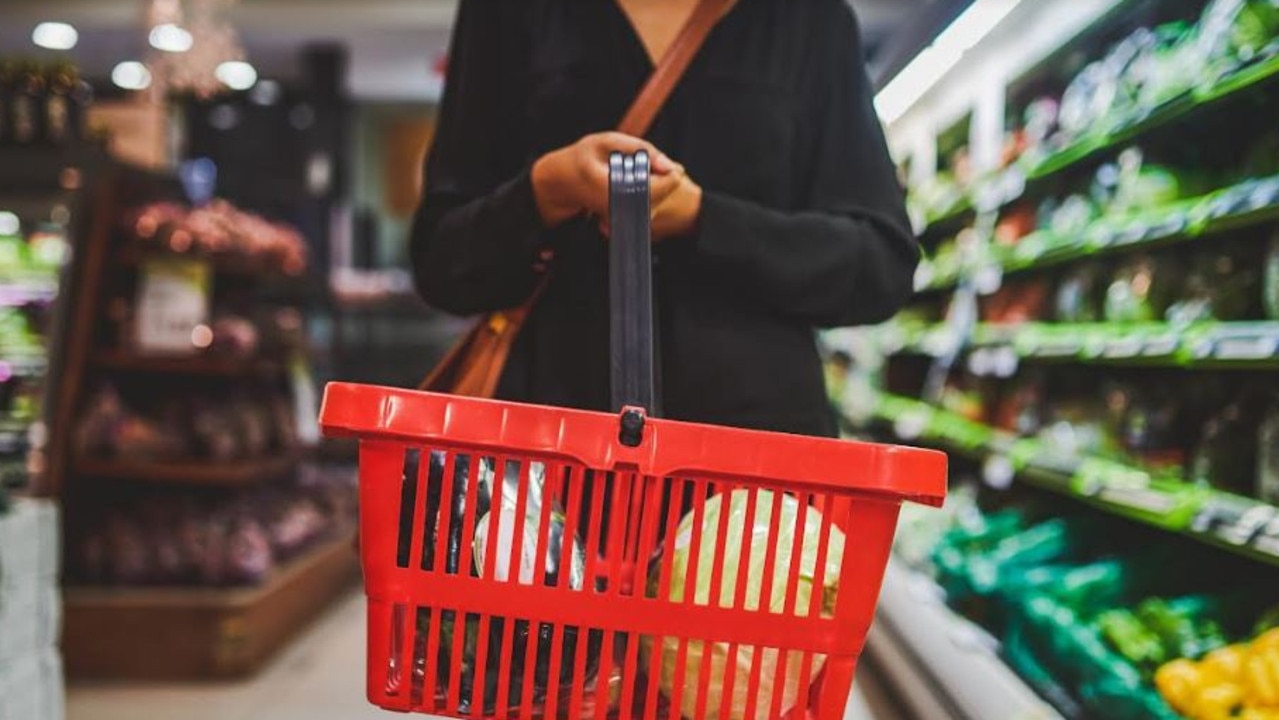‘Repair the damage’: Food boss reveals grocery prices will rise amid soaring inflation
Your weekly supermarket shop is about to get even pricier, with a major food company revealing the price of staples are about to jump – yet again.

The cost of supermarket essentials will soon jump even higher, with the world’s biggest food company confirming more price hikes were on the horizon in 2023 as inflation soars globally.
Speaking to reporters this week, Nestlé CEO Mark Schneider revealed greater price increases were coming this year, despite the company boosting prices by 8.2 per cent in 2022.
Mr Schneider said last year’s hike wasn’t enough to counter the company’s own rising costs, which meant new increases were necessary.
However, he stopped short of revealing which of Nestle’s 2000 brands – which cover everything from frozen food to confectionery and even baby formula – would be impacted, or how significant the price increases would be.
“We are still in a situation where we’re repairing our gross margin and, like all the consumers around the world, we’ve been hit by inflation and now we’re trying to repair the damage that has been done,” Mr Schneider said.
“Our gross margin is down about 260 basis points – that is massive. That is after all the pricing we have done in 2022.

“We have some markets, like the US and UK, where we see strong continued inflation, and other markets like China and like here in Europe … where inflation is more muted.”
Mr Schneider acknowledged that the tough economic times were impacting everyone, and said increases would only be “very targeted” and rolled out where “input cost inflation justifies that”.
“Last year brought many challenges and tough choices for families, communities and businesses,” he said.
“Inflation surged to unprecedented levels, cost of living pressures intensified, and the effects of geopolitical tensions were felt around the world.”
However, Nestle is far from the only company rising prices in 2023, with fellow major brands including Unilever, Coca-Cola, Heineken, Colgate, Palmolive and Procter & Gamble all recently confirming price hikes were looming as labour, energy and commodity costs skyrocket across the world.
Food inflation ‘highest since 2006’
It’s not your imagination – everything is getting more expensive in Australia, with the latest Consumer Price Index (CPI) data from the Australian Bureau of Statistics released late last year confirming CPI rose 8.4 per cent year-on-year.
There was also a sequential increase in food inflation – rising to 9.2 per cent in the December 2022 quarter vs the previous year.
And while the rate of increase had slowed, Rabobank senior food retail analyst Michael Harvey noted it was still “the highest rate of food inflation since September 2006”.
“The highest rate of inflation was recorded in cooking oils and is continuing to track at record levels,” he said in December.
Overall, in food there were 15 categories of 26 that posted double-digit rates of inflation. Across staple food items there was also record levels of inflation in milk, bread and snacks and confectionery.

But Mr Harvey said there was a slowdown in inflation in the fresh produce category, including across both fruit and vegetables.
“And for fresh produce more favourable growing conditions and less production disruption will be key to future pricing,” he added.
Pressure on Aussie households is still growing given the rate of inflation and expectation of further interest rate rises to come.
“Pressure on the ‘ability’ and ‘willingness’ for consumer spending is still very evident,” Mr Harvey said.
“But we are nearing the peak in food inflation which is some comfort. It is unlikely we will see deflation across some staple categories such as packaged food an dairy given food manufacturers are passing through higher costs.”
According to the latest NAB Australian Wellbeing Survey, more than half of Australians identified a rising cost-of-living as the most common cause of stress over the past three months.
Concern over cost-of-living has slightly increased quarter-on-quarter, driven by rising energy bills, food and grocery prices and transport costs.
Cost of living is the main cause of concern among 30–49-year-old Australians and is a greater concern for lower income households than those with higher incomes.
Grocery stress hits record high
Meanwhile, new research by comparison site Finder shows grocery bill stress hit a record high in February, with a whopping two in five Aussies ranking groceries as one of their top three most stressful expenses – the highest level since Finder’s Consumer sentiment Tracker started in April 2019.
Before 2022, the highest this figure had reached was 25 per cent in June 2021.
Grocery bill stress is now on par with the number of Aussies (40 per cent) who say their rent or mortgage is one of their top three most stressful expenses.
In February, the average Aussie household spent $185 per week on groceries, compared to $148 per week just 12 months prior, with separate Finder research in January revealing half of us are cutting back on little luxuries like eating out and attending events as cost of living pressures grow.

Sarah Megginson, money expert at Finder, said the cost of living has increased significantly for Australians and that “anecdotally, we’re seeing people saying that managing the increasing costs at the supermarket is having more of an impact than rising home loan interest rates”.
“If you’re struggling to keep up, shopping around for better deals on some of your regular household expenses can be a really effective way to claw back some savings, which can help to offset some of these supermarket spikes,” she said.
“If you own a home, your mortgage is likely your most expensive outgoing of all – so start with this first.
“The RBA has lifted the cash rate up to 3.35 per cent, with a couple more hikes potentially to come. But don’t be stuck paying the most expensive rates.
“There’s still competition in the home loan market and you could save hundreds of dollars every month by moving to a lender with a cheaper rate. It may even be possible to get a cheaper rate and a home loan cashback offer, which puts a few thousand dollars cash in your bank once the loan settles.”
Ms Megginson also suggested cancelling subscriptions, keeping track of special deals and online sales, buying in bulk and budgeting to save extra cash.






